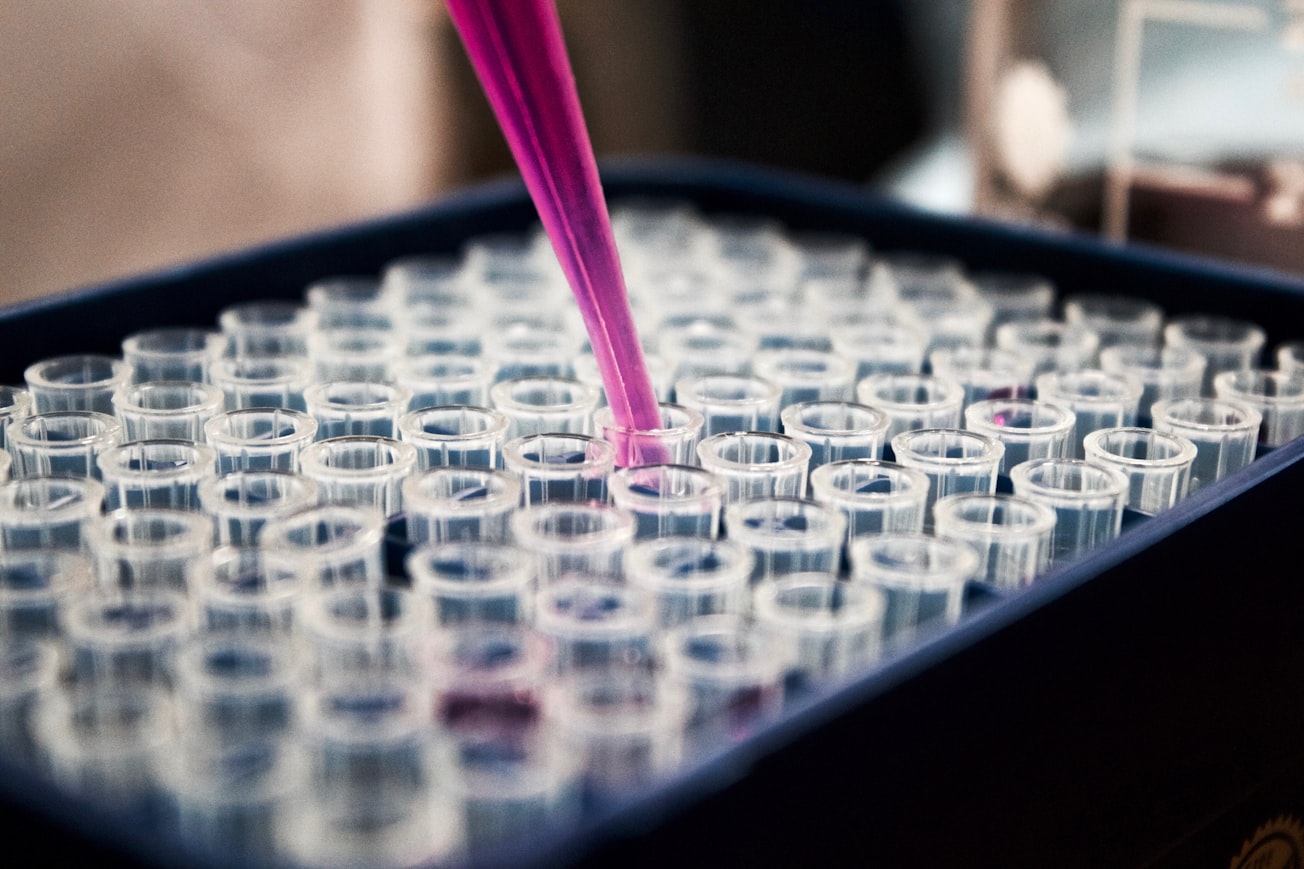What is it about?
Clinical trials are a series of tests conducted to understand the effects of a new drug or treatment. A strict set of rules is followed to make sure that patients are safe, and relevant data is collected about the drug or treatment being tested. Fields like oncology (which deals with the treatment of cancer) have greatly benefited from standard clinical trial protocols. The findings from such trials have helped optimize patient care. Owing to their high success rate, most trial protocols have remained unchanged for decades. However, the urgency of the COVID-19 pandemic has forced experts to rethink clinical trial protocols. Limitations posed by the pandemic have made it necessary to ask questions like, ‘Which steps are necessary, and which can be avoided?’ The authors of this paper studied the evolution of cancer clinical trial guidelines in the wake of the pandemic and its impacts on the clinical trial industry. They note that the changes recommended by the Food and Drug Administration (FDA) and National Cancer Institute (NCI), USA, have made clinical trials simpler and more patient-centered instead of trial-site centered. The authors also looked into the remote analysis methods adopted as a result of COVID-19 restrictions. These new methods were found to make clinical trials more accessible to a wider population. In conclusion, the authors encourage experts to take the new practices forward and apply them to improve the way clinical trials for cancer are currently designed.
Featured Image

Photo by Louis Reed on Unsplash
Why is it important?
Clinical trials are complex procedures that require a lot of time and resources. This sometimes makes urgent testing of new drugs and therapies quite difficult. The rising cases of COVID-19 forced the medical community to rethink current clinical trial methods. The need for less complex methods that are both effective and safe for patients was realized. Recommended changes show promise and potential for optimizing future cancer clinical trials. KEY TAKEAWAY: The remote monitoring and data collection methods opted for clinical trials during COVID-19 can improve the current oncology clinical testing methods and make them more flexible, convenient, and inclusive.
Read the Original
This page is a summary of: Rethinking Cancer Clinical Trial Conduct Induced by COVID-19: An Academic Center, Industry, Government, and Regulatory Agency Perspective, Cancer Discovery, July 2021, American Association for Cancer Research (AACR),
DOI: 10.1158/2159-8290.cd-21-0850.
You can read the full text:
Contributors
Be the first to contribute to this page







